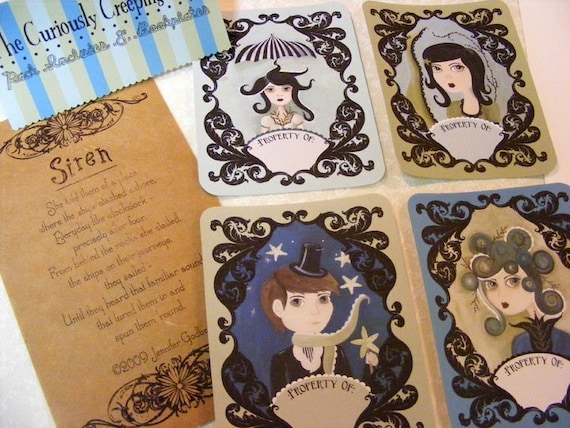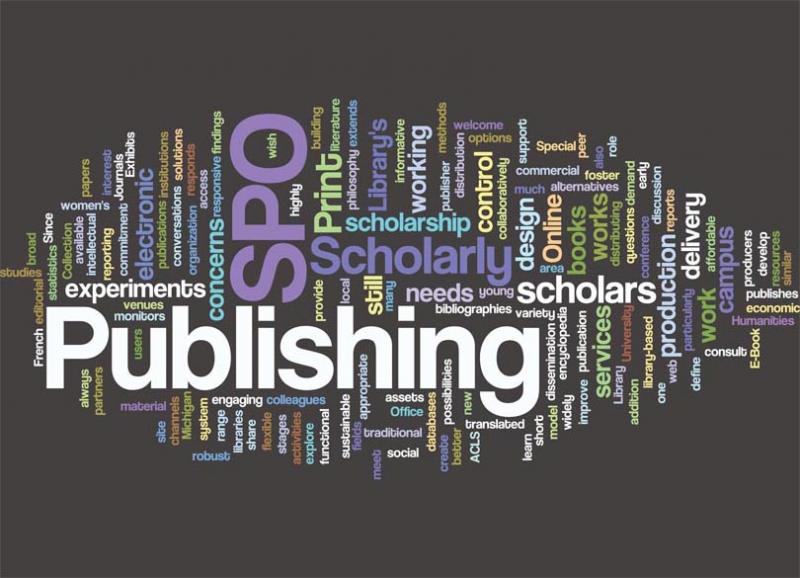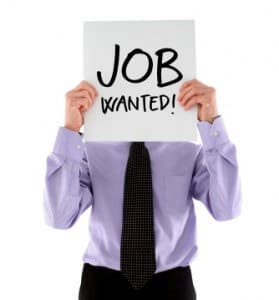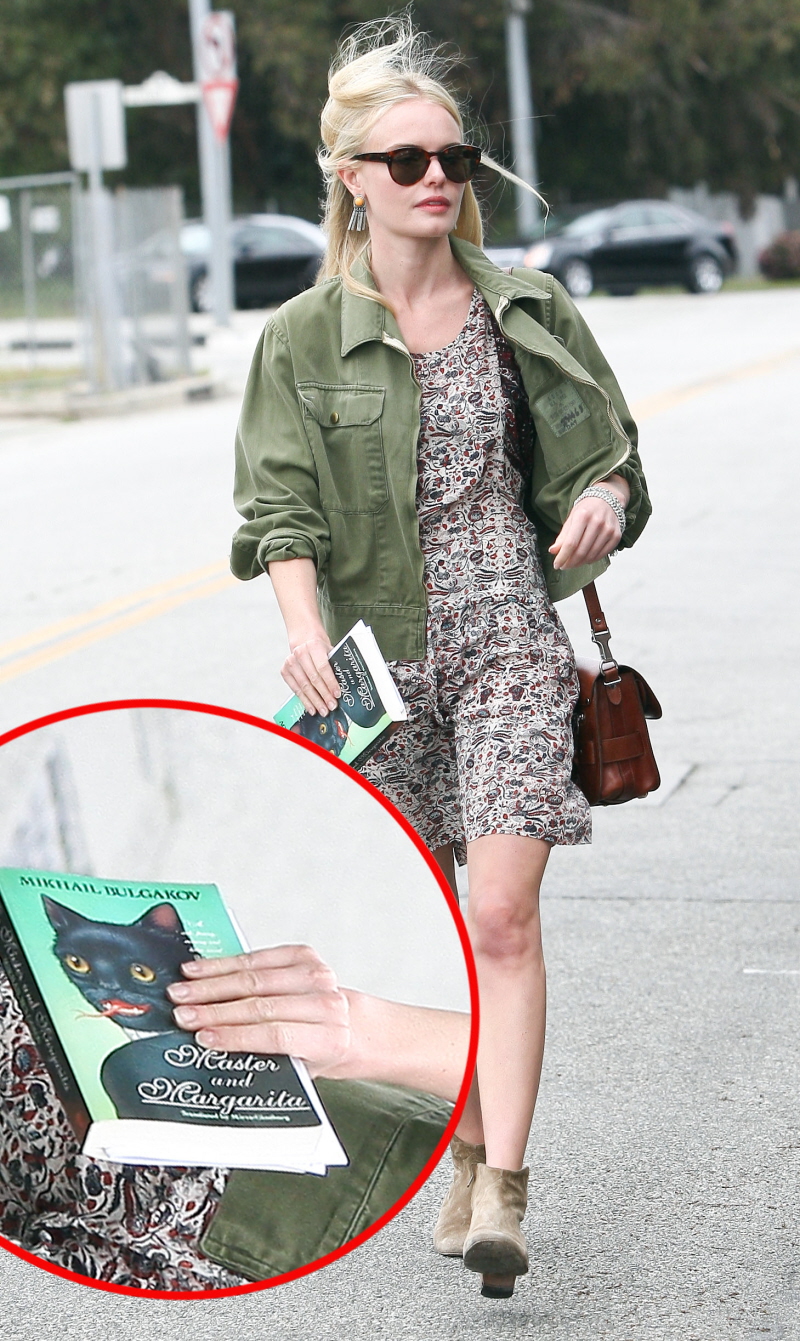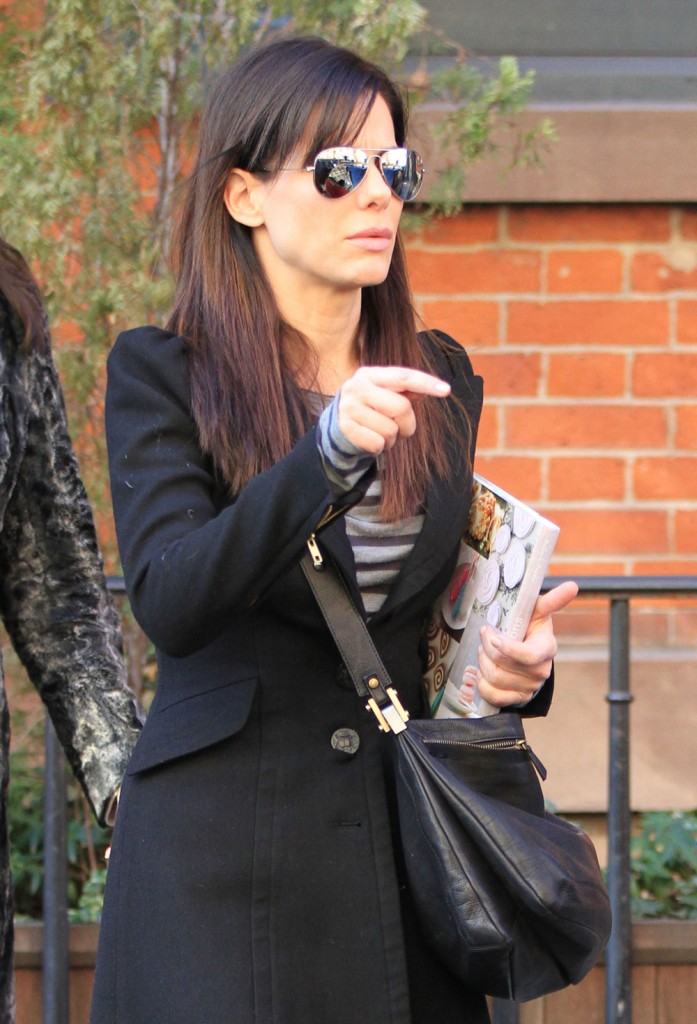While I was twittering along last week, I came across the tweet-up of the Book Hackday which took place in London on the 14th May.
I was quite taken aback by some of the topics and ideas expressed there, even though I had anticipated them in my head a while ago.
The main idea that really has made me think, for a while now and even before finding this tweet-up, is that of a customised book.
During the Book Hackday one of the mentioned projects was the House of Stories, an app that transforms the book into an interactive and gaming experience for the reader. For what I understood the stories are commissioned and customised for the reader.
@DigitalDanHouse (at the conference) then tweeted about a book that would re-arrange itself in order to follow the twists and turns of the reader's mind. Basically the book that reads the reader's while this one reads. Easy-peasy right? I think this is quite scary in a way, but that it would also be amazing if well put together!
One thing came to my mind straight away, a recollection from my childhood: a Gamebook or CYOA (choose your own adventure books). This was very famous in the 80s and I remember having a few of them, mostly D&D themed (I was a geek at the time as well!).
They're books which allow the reader to participate in the story by making choices that affect the course of the narrative, which branches down various paths through the use of numbered paragraphs or pages. Easier done than written, trust me. You're simply facing a choice - like at the labyrinth you go left or right - and from then you just go to a different page and something happens.
I never really liked that sort of books because I thought that it was awful to leave so many unread pages behind, therefore I would go back and read also the other option consequently getting confused a million and losing the plot. I'm like that, I need to know.
It really is like role-playing, but you have to play by yourself - for what I know - and obviously you can't have infinite choices. So books have been trying in a way to imitate videogames since the late 70s (and then kind of quitted), so what would the result be with digital books? I think if we had a graphically enhanced book, then, yes, it would probably be the same thing as a videogame and the book would lose its literary connotation, preferring the more interactive visual elements.
But if the ebook content was 'merely' written and you could just decide to skip to different chapters, then it would be more similar to a Gamebook. The format would then allow the author to write more twists and different plots, and the reader could re-read the book again and, depending on his mood, make different decisions whilst read a totally different work of literature.
Would this format suit any literary genre or only thriller/horror and adventure? I don't know if women would ever buy a Mills&Boon book where they decide how the Sultan cheats on his belly-dancer...actually, probably they would!
Do you think it's possible for a gamebook to ever win a Booker Prize? And if not, wouldn't that be literary racism?
There's also another practical issue that concern me. How many ISBN would you need for one book if, at the end of the day, it's more than one depending on who reads it? Things get even more complicated if the author gets to update and add plots once the e-book is online and you can download updates (or upgrades like in videogames!).
I don't think we'll ever reach the point where the e-reader reads the reader and changes the story accordingly. That would be extremely creepy, but also extremely fascinating because the stories would differ from reader to reader, depending on their levels of fantasy and imagination.
If this could actually happen, then, what would the role of the author be? Would we need an author if we could read our own fantasies?
Think people, think!!!
















